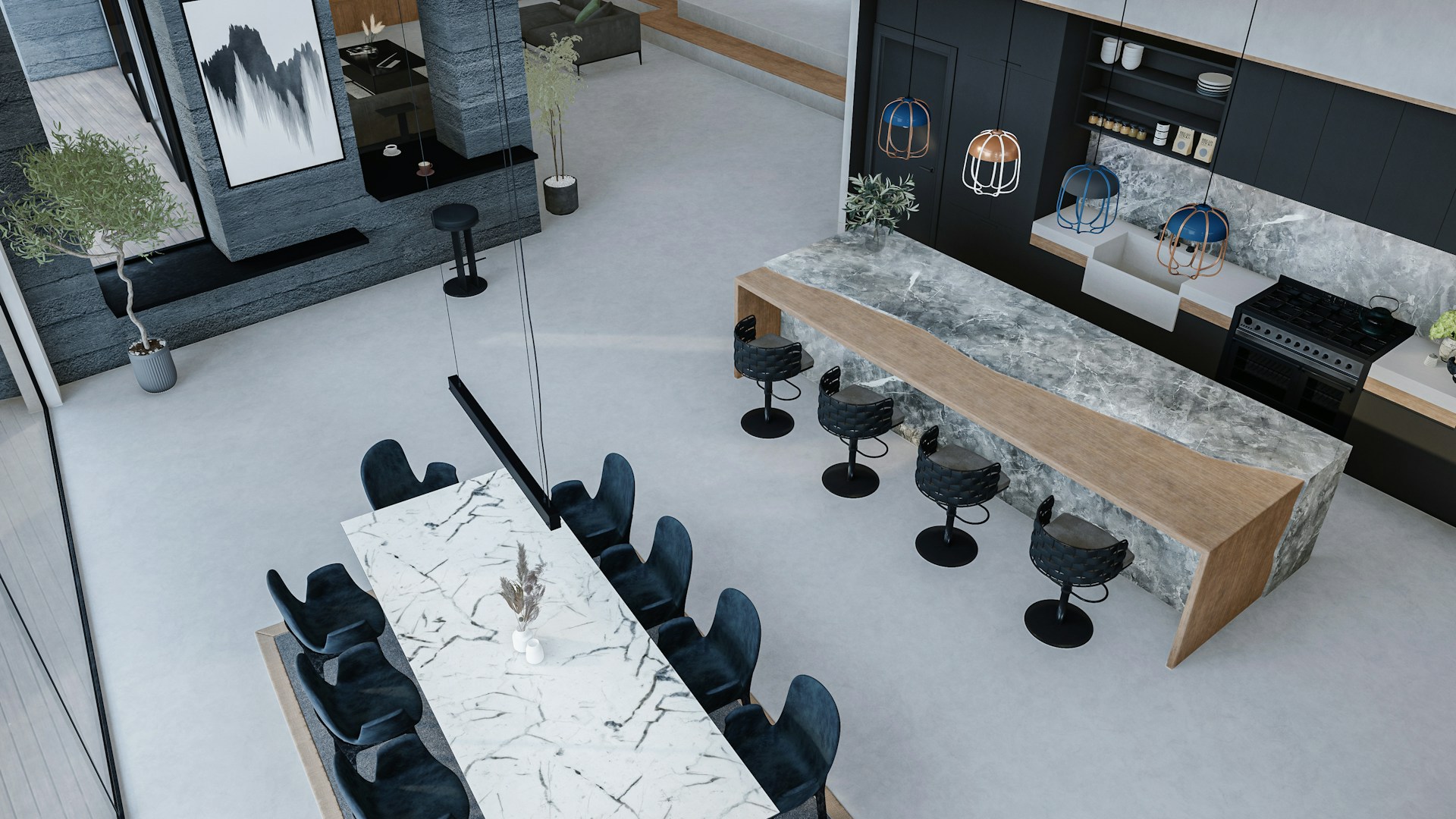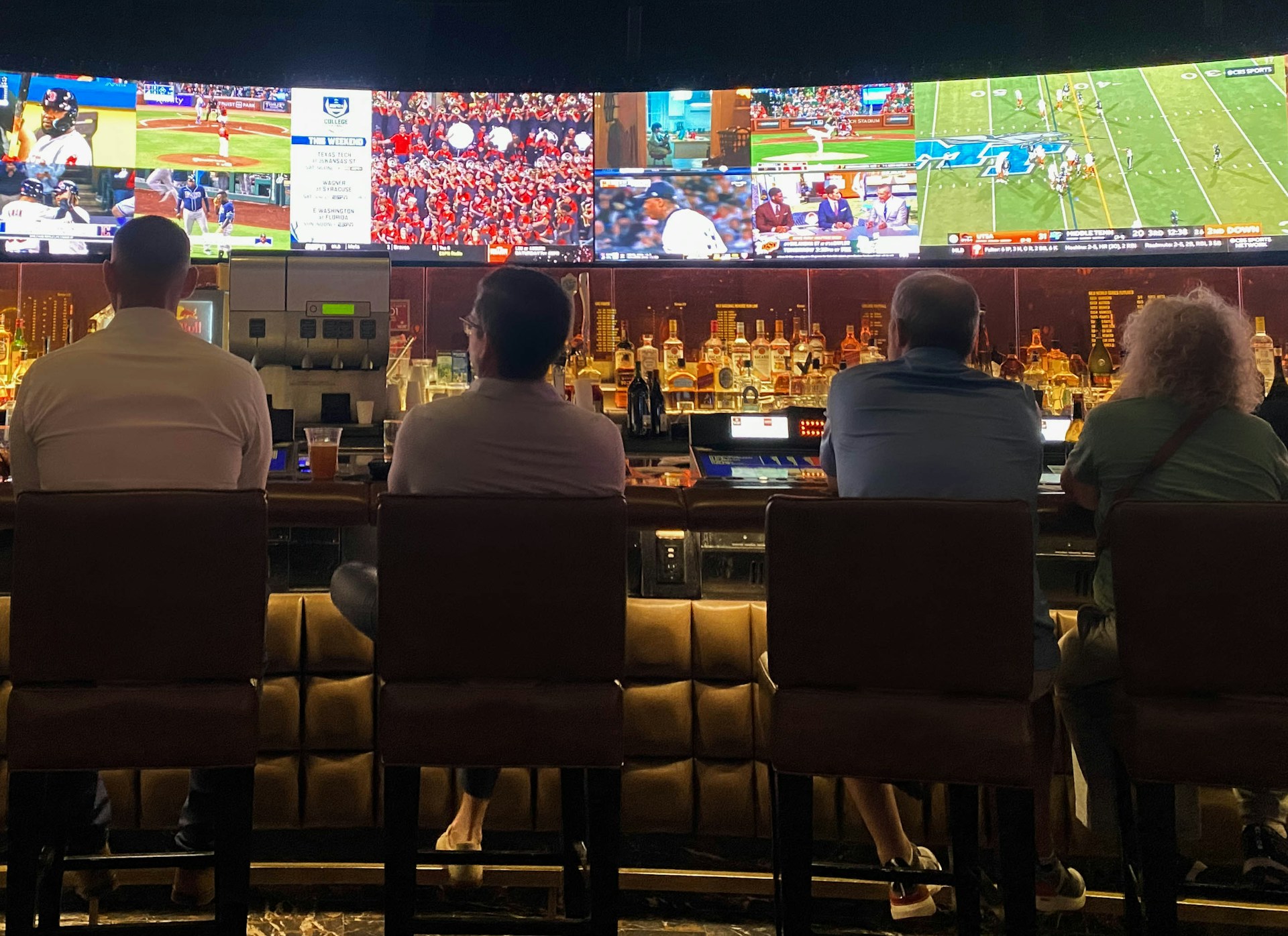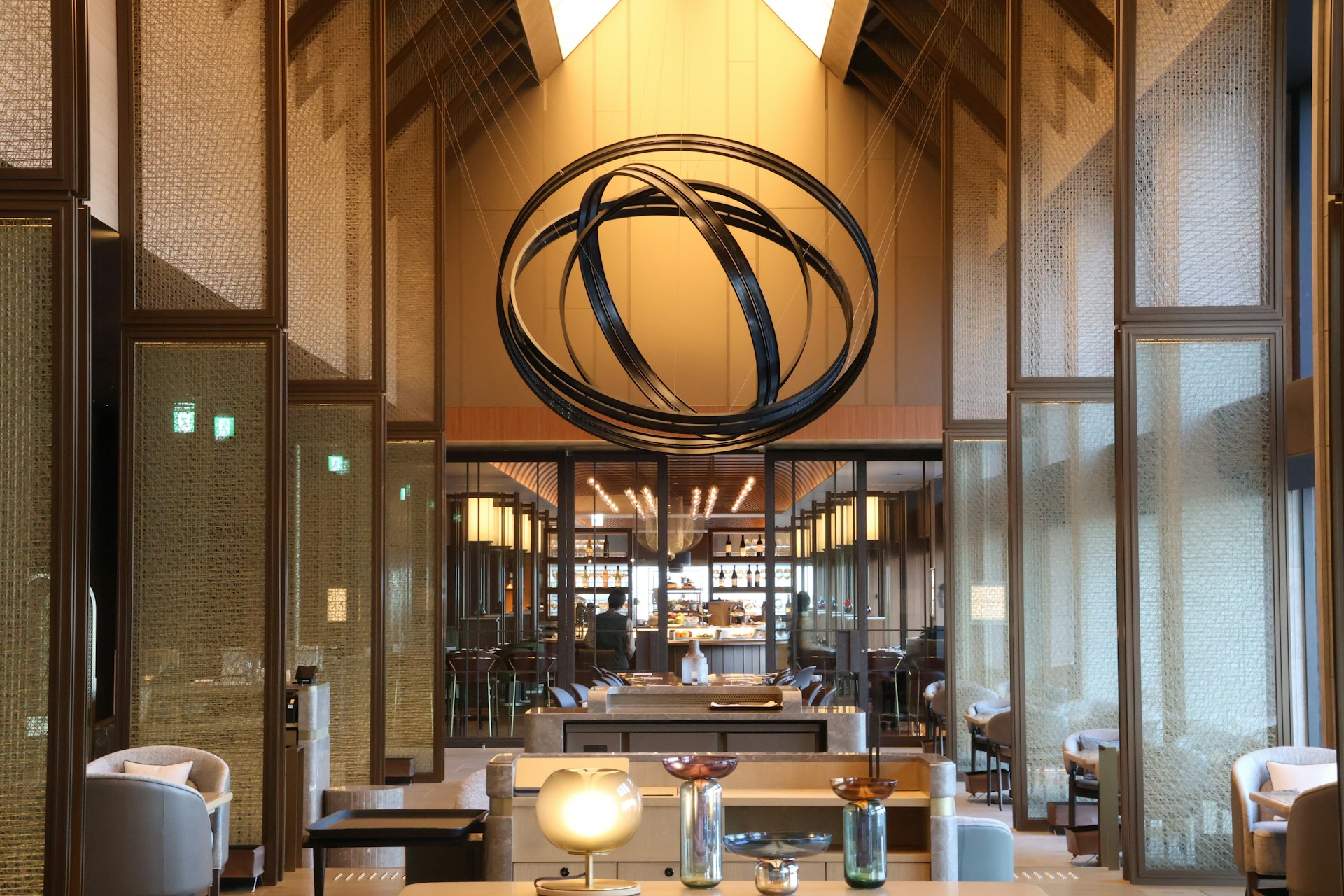Restaurant construction services integrate planning, design, permitting, and physical construction to create spaces where food preparation and service operate seamlessly. Whether transforming an empty shell into a bustling kitchen or converting an existing building into a dining destination, these projects demand specialized expertise in both front-of-house and back-of-house functionality. The work extends far beyond basic construction, encompassing everything from commercial kitchen layout optimization to dining area flow patterns that enhance the customer experience.
We handle diverse project types including new construction, remodeling, conversions, and build-outs, supporting both design-build delivery and traditional general contracting approaches. Our focus centers on creating efficient workflows, implementing safe systems, and developing interiors that reflect your brand while guiding natural customer movement through the space.
Which Delivery Methods And Project Types Does EB3 Construction Support?
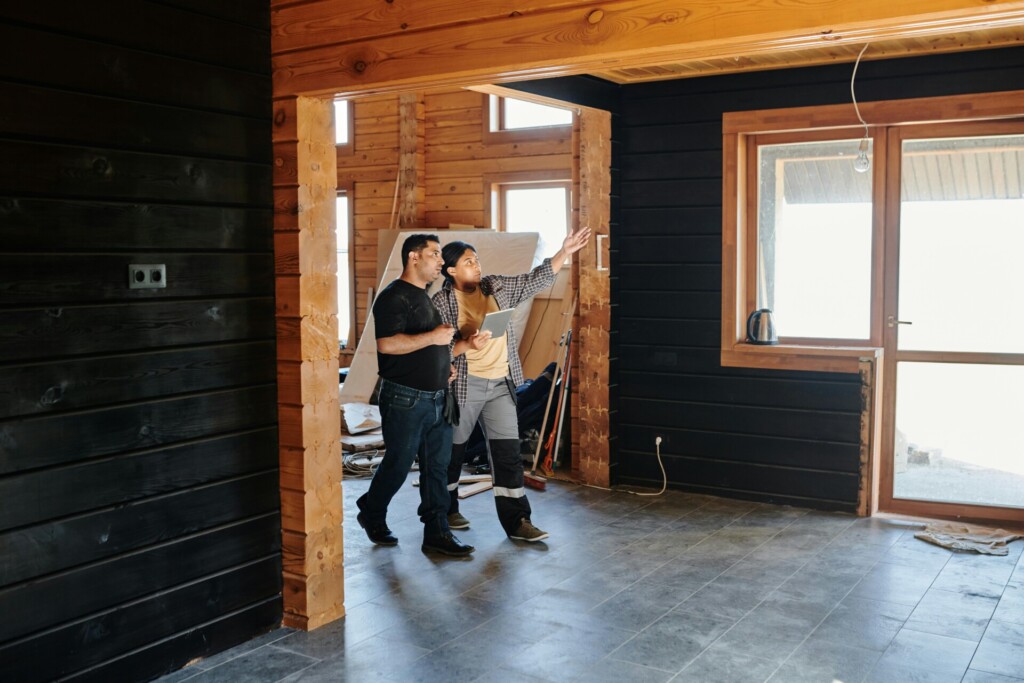
We handle restaurant construction through two primary delivery approaches that address different client needs and project requirements. Integrated design-build streamlines the process by combining design and construction under our single contract, while traditional general contracting allows us to execute projects where architectural plans are already established. Each method offers distinct advantages depending on your timeline, budget, and level of desired oversight throughout the construction process.
Design-Build And General Contracting Approaches
Our design-build delivery method creates efficiency through unified accountability and streamlined communication. We coordinate architects, engineers, and specialty consultants from project inception, eliminating the coordination gaps that can emerge when design and construction teams operate separately. This integrated approach often reduces overall project timelines and provides single-source responsibility for both design decisions and construction execution.
General contracting serves clients who prefer to maintain separate relationships with their design teams or have existing architectural plans ready for construction. We step in once design development reaches the appropriate level, focusing our expertise on construction management, subcontractor coordination, and quality control. This traditional approach works particularly well for franchise operators following established prototype designs or owners working with specific architectural firms.
Ground-Up Construction And Major Renovations
New construction projects allow us to build restaurant spaces from the foundation up, optimizing every system for operational efficiency and brand requirements. We coordinate site preparation, structural work, and utility connections alongside specialized restaurant systems like commercial kitchen ventilation and grease management. Ground-up builds provide maximum flexibility for layout optimization and equipment placement while ensuring all systems integrate properly from the start.
Open remodels present unique challenges as we renovate existing restaurant spaces while maintaining ongoing operations. We develop phased construction schedules that minimize service disruption, often working during off-peak hours or planned closure periods. This approach requires careful coordination with existing staff and suppliers to maintain revenue flow while upgrading facilities.
Conversions transform existing commercial spaces into restaurant operations, requiring careful evaluation of structural capacity, utility adequacy, and code compliance requirements. We assess whether current mechanical systems can handle commercial kitchen demands and coordinate upgrades to meet health department and fire safety standards. Conversion projects often involve significant MEP modifications to accommodate restaurant-specific equipment and ventilation needs.
Specialized Project Scopes
Interior renovations focus on updating dining areas, bars, and customer-facing spaces without major structural changes. We coordinate finishes, lighting, seating arrangements, and aesthetic elements that enhance guest experience while maintaining operational functionality. These projects often have shorter timelines but require careful attention to maintaining accessibility compliance and fire egress requirements.
Build-outs typically occur in multi-tenant developments like shopping centers or food court locations, where we customize shell spaces for specific restaurant operators. We coordinate tenant improvement work within the constraints of existing building systems while meeting both landlord requirements and tenant operational needs. Build-out projects require close collaboration with property management teams and adherence to strict construction schedules that align with lease commencement dates.
Retrofits and facility upgrades address specific operational improvements like kitchen equipment updates, ADA compliance modifications, or energy efficiency enhancements. We evaluate existing conditions and develop targeted solutions that improve functionality without unnecessary disruption to ongoing operations. These focused projects often provide significant operational improvements while working within constrained budgets and timelines.
Restaurant Concept Categories
QSR operations require specialized attention to drive-thru configurations, high-volume kitchen equipment, and efficient service workflows. We design and build systems that support rapid order fulfillment while maintaining food safety standards and operational consistency. Quick-service projects often follow standardized prototypes but require local adaptation for site conditions and municipal requirements.
Fine dining establishments demand sophisticated design execution, premium material selections, and complex kitchen operations capable of supporting elaborate menu preparation. We coordinate specialized equipment installations, wine storage systems, and acoustic treatments that create appropriate ambiance for upscale dining experiences. These projects typically involve longer construction timelines due to detailed finish work and custom millwork requirements.
Specialty concepts like bakeries, breweries, and dessert bars require unique equipment installations and specialized utility systems. We coordinate with equipment manufacturers to ensure proper installation of ovens, brewing systems, or specialized refrigeration units while meeting health department requirements specific to each operation type. Bar concepts require particular attention to liquor storage, POS system integration, and patron flow optimization throughout service areas.
How Does Preconstruction and Site Planning Set the Project Up for Success?
Preconstruction transforms an idea into buildable reality. We identify challenges early, create accurate budgets, and establish realistic timelines before work begins. This upfront investment in planning prevents costly surprises during construction.
Site evaluation requires detailed analysis of location factors. We assess traffic patterns, customer access routes, and visibility from key thoroughfares. Local zoning regulations, parking requirements, and accessibility compliance shape early decisions. These considerations directly influence layout options and operational flow.
Cost estimation during preconstruction relies on thorough material takeoffs and current market pricing. We analyze labor requirements, equipment needs, and permit costs to build comprehensive budgets. Historical data from similar restaurant projects informs our estimates. Contingency planning accounts for material price fluctuations and unforeseen site conditions.
Risk assessment identifies potential roadblocks before they impact schedules. We evaluate soil conditions, utility capacity, and structural requirements. Weather delays, material availability, and inspection schedules factor into our analysis. Early identification allows us to develop mitigation strategies and alternative approaches.
Schedule planning coordinates all project phases from permit applications through final inspections. We sequence tasks to minimize downtime and optimize resource allocation. Critical path activities receive priority attention to maintain overall timelines. Buffer periods account for inspection cycles and material delivery windows.
Stakeholder coordination aligns all project participants around shared goals. We facilitate communication between owners, architects, engineers, and specialty trades. Regular meetings ensure design decisions support operational requirements. Early input from kitchen consultants and equipment suppliers prevents conflicts during installation.
Space planning optimizes restaurant functionality within the available footprint. We design efficient kitchen workflows that support menu requirements and service speeds. Customer circulation patterns guide dining area layouts and restroom placement. Storage, preparation, and service zones receive appropriate square footage allocation. Clear sight lines and logical traffic flow create positive dining experiences.
Feasibility studies validate project assumptions before major commitments. We analyze construction costs against available budgets and financing terms. Market conditions, permitting timelines, and seasonal factors influence project timing. Alternative approaches may emerge that better serve owner objectives or site constraints.
What Technical Systems And Code Compliance Steps Are Essential?
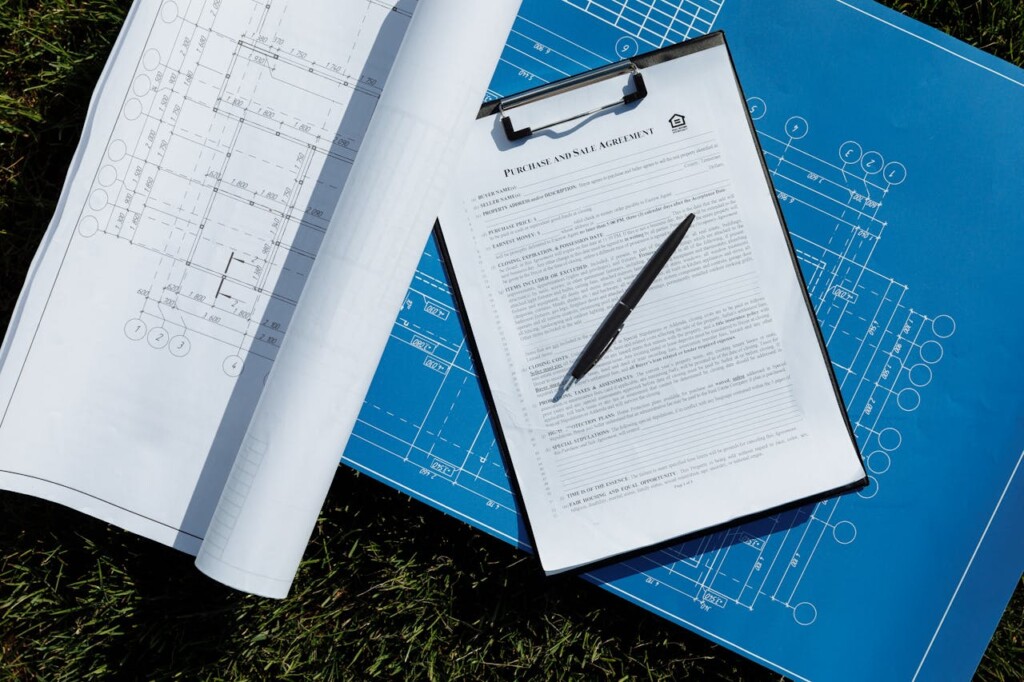
Restaurant construction demands robust technical systems that handle commercial-grade operations. We coordinate HVAC systems sized specifically for commercial kitchens, which generate substantial heat and require powerful ventilation. These systems must maintain proper air quality while managing the intense thermal loads from cooking equipment.
Electrical systems in commercial kitchens require dedicated circuits for heavy-duty appliances. We ensure proper installation of Ground Fault Circuit Interrupters (GFCIs) in areas exposed to water, preventing electrical shocks. Each major appliance needs adequate electrical capacity, and wiring must safely accommodate high loads without overheating risks.
Plumbing And Gas Infrastructure
Commercial kitchens require specialized plumbing systems that handle grease interceptors, floor drains, and high-volume dishwashing operations. We coordinate gas line installations for cooking equipment, ensuring proper sizing and pressure regulation. These systems must meet commercial flow rates and safety standards significantly higher than residential requirements.
Water supply lines need adequate capacity for simultaneous use across multiple stations. We plan for hot water demands from dishwashers, prep sinks, and hand-washing stations. Gas installations require proper venting and emergency shutoffs positioned for quick access during emergencies.
Ventilation And Fire Safety Systems
Commercial kitchen ventilation systems remove heat, smoke, and grease-laden vapors through powerful exhaust hoods. We size exhaust fans to handle the specific equipment beneath each hood. Make-up air units replace exhausted air to maintain proper building pressure and comfort levels.
Fire suppression systems protect cooking areas with automatic extinguishing agents designed for grease fires. We coordinate installation of suppression systems within exhaust hoods and above cooking surfaces. Emergency lighting and exit signs ensure safe evacuation routes during power outages or emergencies.
Permitting And Code Compliance
Restaurant construction requires permits across multiple jurisdictions and departments. We support applications for construction permits, zoning approvals, and health department reviews. Building codes dictate everything from outlet placement to accessibility requirements under the Americans with Disabilities Act.
Health and safety standards govern equipment installation, ventilation rates, and sanitation systems. We ensure designs meet local fire codes, which often require specific clearances around cooking equipment and adequate fire suppression coverage. Regular inspections verify that installations meet code requirements before final approval.
Utility coordination aligns gas, electrical, and water connections with kitchen equipment specifications. We schedule inspections at critical milestones to catch issues early and avoid delays. Final inspections confirm that all systems operate safely and equipment installation meets manufacturer and code requirements before opening.
How Are Schedules, Budgets, And Communication Managed During Construction?
We coordinate subcontractors, suppliers, and inspections throughout construction to maintain project flow and prevent bottlenecks. This involves detailed timeline planning that sequences each trade’s arrival and work phases to support efficient progress. Daily progress reporting keeps all parties informed about completed work, upcoming tasks, and any issues that require immediate attention.
Subcontractor coordination requires clear communication channels and regular check-ins. We establish protocols for change coordination that document any modifications to scope, schedule, or budget before they impact the work. This proactive approach prevents misunderstandings that can lead to delays or cost overruns.
Budget Control Through Active Cost Management
We develop upfront cost models that account for material fluctuations, labor rates, and potential contingencies. These models serve as the baseline for tracking actual expenses against projected costs throughout construction. Regular budget reviews allow us to identify variances early and make adjustments before they compound.
Vendor management plays a critical role in budget control. We coordinate with suppliers to lock in material pricing and delivery schedules that align with construction phases. This approach reduces the risk of cost escalation and ensures materials arrive when needed without storage issues or delays.
Phasing For Operational Continuity
For open remodels, we implement phasing strategies that minimize disruption to ongoing restaurant operations. This involves careful sequencing of work zones to maintain customer access and staff workflow during construction. We coordinate with restaurant management to schedule disruptive activities during off-hours or low-traffic periods.
Quality control measures are integrated into each phase of work. We conduct inspections at key milestones to ensure work meets specifications before the next phase begins. This prevents quality issues from cascading through subsequent work and reduces the need for costly rework.
Communication protocols include weekly progress meetings, daily field reports, and immediate notification systems for urgent issues. These documented decisions create a clear record of project evolution and support accountability across all team members. Regular updates also help restaurant owners stay informed about progress toward their opening date while maintaining confidence in the construction process.
Conclusion And Next Steps

Restaurant construction services connect design, operations, and code compliance into one comprehensive plan. The process requires coordination across multiple disciplines, from kitchen workflow design to fire safety systems, all while maintaining focus on the opening timeline and operational requirements.
We can support restaurant owners and operators from initial preconstruction planning through final inspections and certificate of occupancy. Our experience spans the complete range of restaurant construction services, whether you need design-build delivery or traditional general contracting support when plans are already established.
Define your goals, menu-driven workflows, and target opening date before moving forward. Gather any existing architectural plans, equipment specifications, and local code requirements that may affect your project scope. Then outline your budget and schedule parameters to establish a clear path forward with realistic milestones and deliverables.
Ready to start planning your restaurant construction project? Contact EB3 Construction to discuss your vision and timeline.


